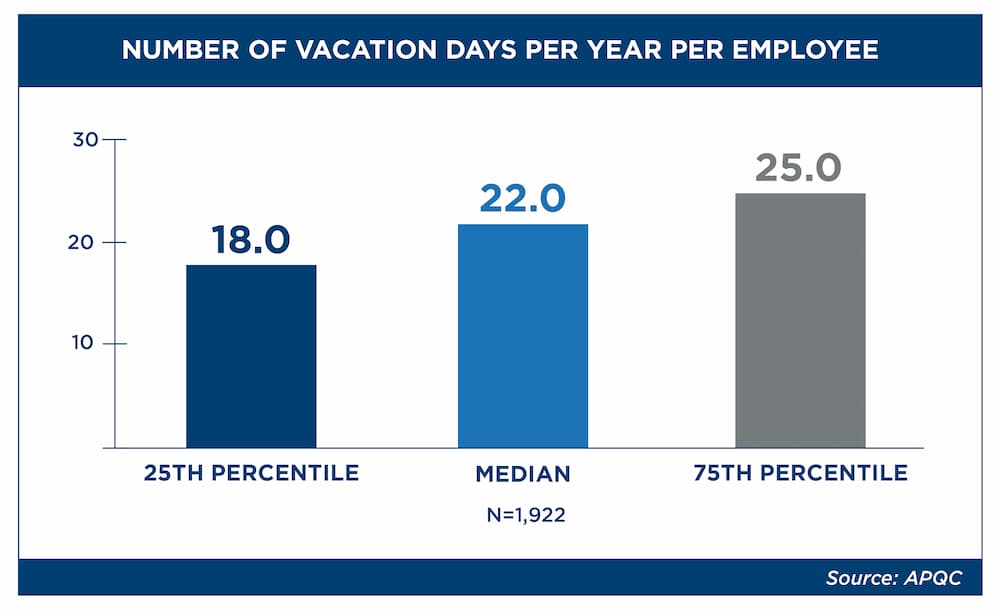Unlock the Editor’s Digest for free
Roula Khalaf, Editor of the FT, selects her favourite stories in this weekly newsletter.
The United Kingdom’s prison crisis is the product of a compromise gone wrong. For much of the past 14 years, the Conservative government has had a chancellor of the exchequer who wanted to reduce government spending, a home secretary who wanted tougher and longer prison sentences, and a justice secretary who wanted to reform prisons and incarcerate fewer people. The compromise was to increase the number of prison sentences but fail to build enough prisons to meet demand.
As a result, prisons in England and Wales face two major problems, one contentious, the other uncontentious.
The first, which everyone agrees on, is a problem of stock: there simply aren’t enough places to house the existing prison population. This adds serious limitations to the ability of the criminal justice system to operate effectively. As a result, the new Labour government has embarked on a programme of early release to relieve pressure on the system.
The second, which is fiercely controversial, is a problem of flows: Sir Keir Starmer believes that we send too many people into prison, as does Ed Davey, leader of the centrist Liberal Democrats. Although there are some in the Conservative party who agree with them, whoever emerges as that party’s new leader will almost certainly be of the view that the UK needs longer and harsher sentences.
The risk for Labour — and for prison reformers more broadly — is that the necessary expedient of early release ends up defining their broader mission of reducing the flow into prisons. Although some steps have been taken to minimise the risk that those who are released early will go on to offend again, it remains a real and serious one. Easing the pressure on prisons comes with dangers of its own.
There is, however, one group of prisoners who it would be much less risky to release: women. Women in prison have tended to commit less serious crimes, which is why 63 per cent of women starting their sentence in 2021 had sentences of under 12 months, compared with 48 per cent of men. Indeed, women in prison are considerably more likely to be the victims of a violent crime than the perpetrator, with around 60 per cent of them having experienced domestic abuse.
In addition, 60 per cent of women in the prison system have children, compared with just 45 per cent of men, and they are much more likely to be the primary caregiver. Every year in the UK, around 17,000 children are affected by maternal imprisonment, many of whom will end up in the country’s underfunded care system. Imprisoning women is, for the most part, a lose-lose as far as the British taxpayer is concerned: it is pretty expensive, in general these individuals have not committed violent offences, and the impact on their families creates additional costs and risks for the state later down the line.
Sadly, early releases for much of the female prison population is not a particularly useful solution as a practical way to ease pressure on the system. Women make up only around 4 per cent of the incarcerated population, and UK human rights law makes it very difficult for a British government to favour one sex over another in who it releases early. It is, however, a good way to understand who else might be released from prison and what legal changes could help the government reduce future flows into jail.
For instance: 48 per cent of women prisoners report committing an offence to support someone else’s drug addiction, and as many as a quarter of them arrive at prison with some form of addiction problem, whether to legal or illegal drugs. Given that a prison cell is at least 20 times more expensive than a hospital bed, it is, I would say, not obvious that either the taxpayer or the war on drugs is best served by criminal sanctions for drug users of either sex.
One of the simplest ways to spend less money, both on prisons and in general, is to treat drug addiction as a medical problem, rather than a criminal one. This approach is impossible to reconcile, however, with Labour’s commitment to not only continue a prohibitionist approach to many drugs but actively expanding the number of prohibited substances, thanks to their proposed plans to gradually outlaw cigarettes over time.
The case of women prisoners should, above all, make us ask “what are we trying to accomplish through incarceration?” It is not obvious that prison is ever going to be a good solution to drug addiction or for women who have been abused by their partners and coerced into crime. While freeing most of the UK’s incarcerated women wouldn’t in and of itself fix the prison crisis, changing the laws and sentencing guidelines that send most of them to prison certainly would.
stephen.bush@ft.com
Credit: Source link











